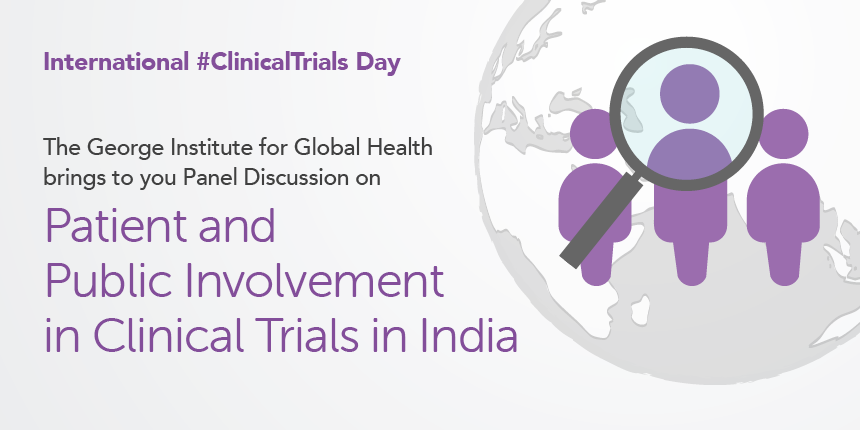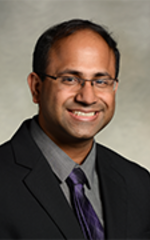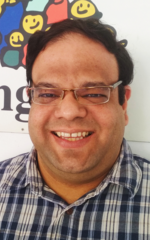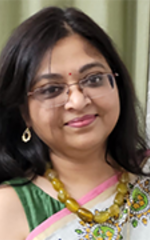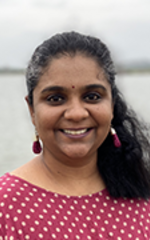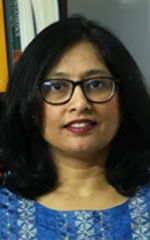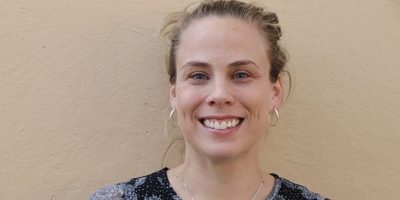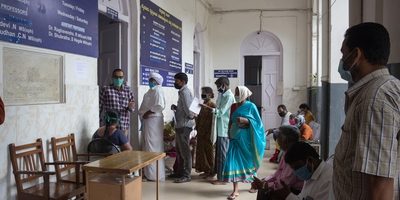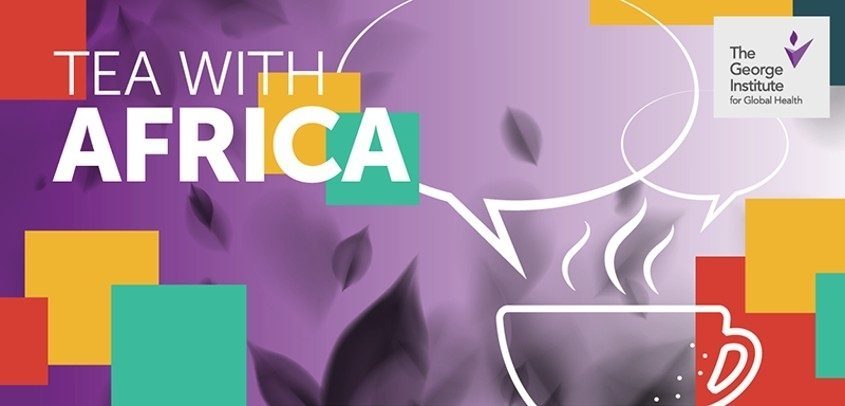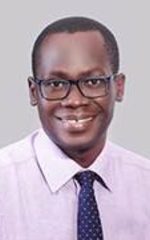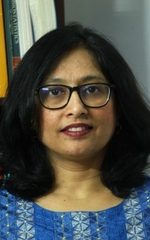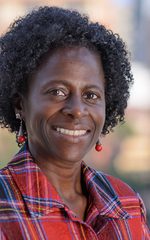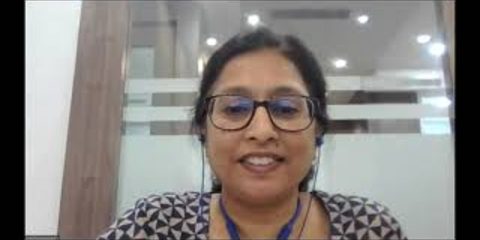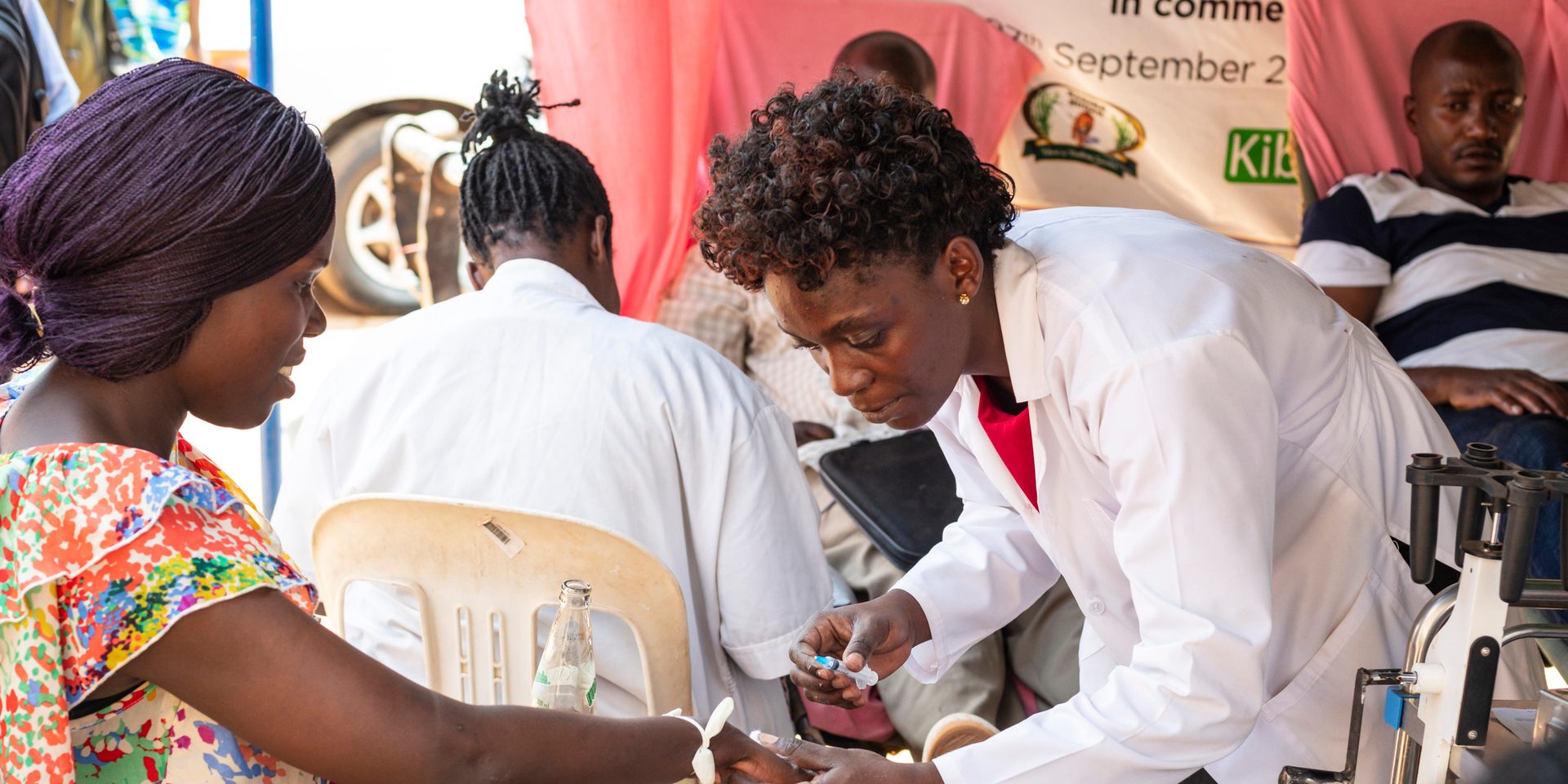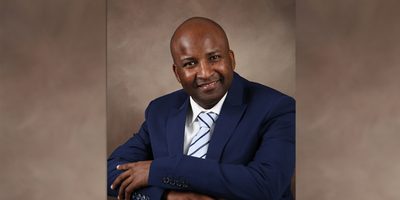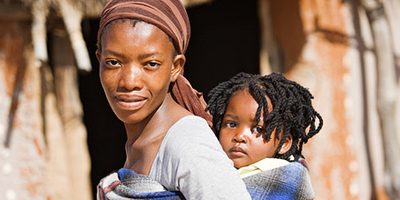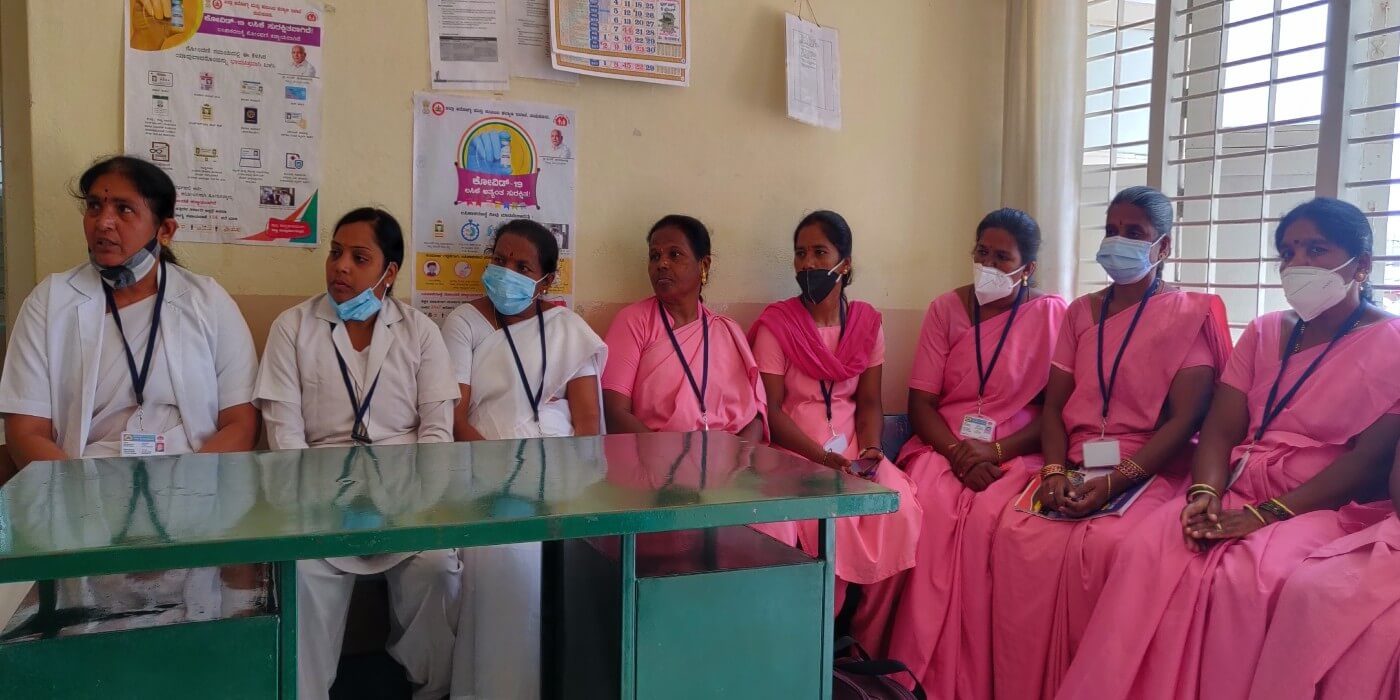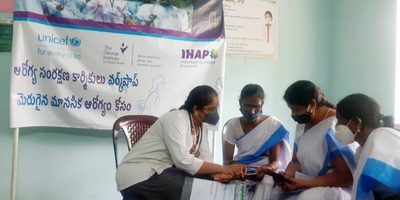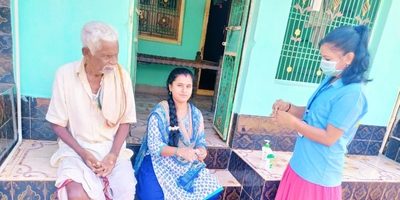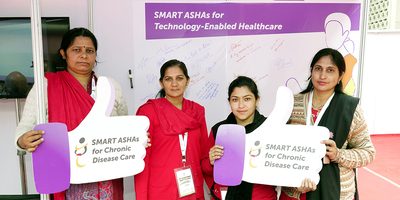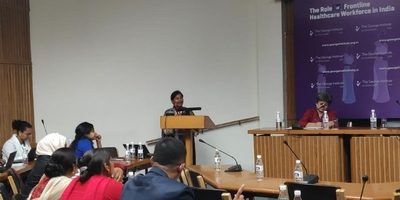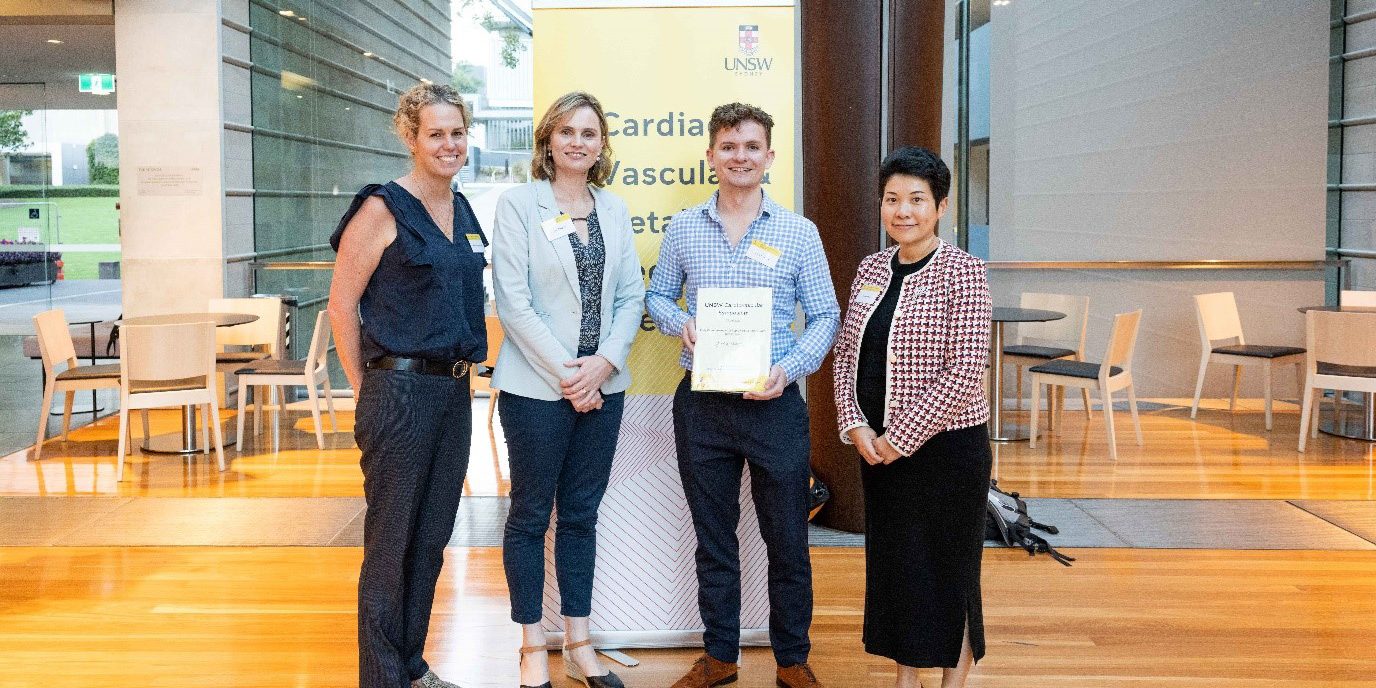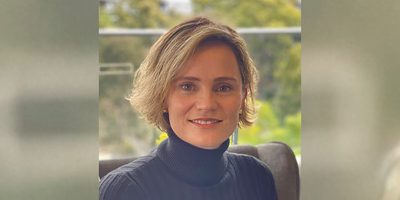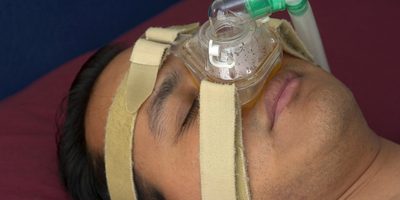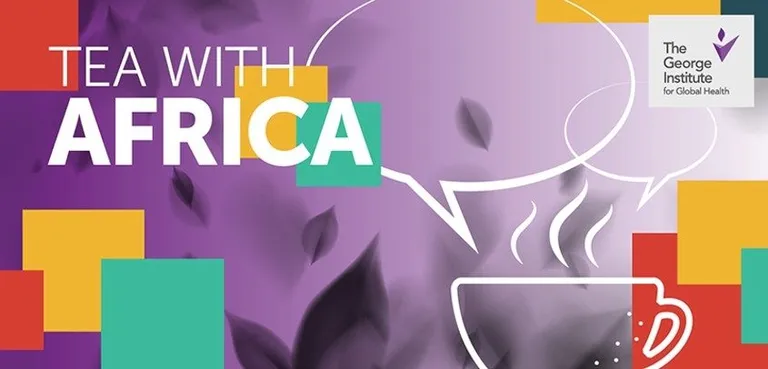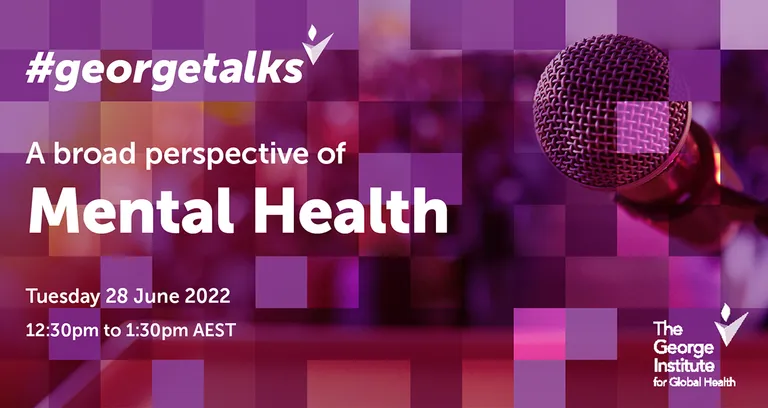UNSW held its inaugural Cardiovascular Symposium on 5 April 2022 to launch the newly established Cardiac, Vascular and Metabolic Medicine (CVMM) Research Theme. Several researchers from The George Institute presented at the Symposium, with PhD Candidate Jeffrey Ha receiving a runner-up award for his presentation on medications to prevent stroke in adults with atrial fibrillation and reduced kidney function.
Dr Jeffrey Ha is a clinician-researcher and the focus of his research at The George Institute has been investigating the role of blood thinning medications to address the high burden of cardiovascular disease in patients with poor kidney function.
“Patients with moderate to advanced kidney disease are at a much higher risk for heart disease and stroke and have been largely excluded from clinical trials with limited treatment options. Through a large international cohort study, we are providing more evidence to support effective and safe treatment options to prevent stroke in this high-risk population with atrial fibrillation and chronic kidney disease.”
Professor Alta Schutte, Professorial Fellow at The George Institute, leads the CVMM Theme at UNSW. At the Symposium, she introduced the Theme and talked about why it was a critically important focus for the nation’s health.
“Heart disease, stroke and diabetes remain the leading causes of death in Australia and account for the greatest healthcare costs. The Theme covers the spectrum of discovery research to implementation science, covering also primary health care, population health, intensive and critical care, big data in health and clinical trials.”
Prof Schutte, who has served as the President of the International Society of Hypertension, is a leading global researcher in hypertension and cardiovascular health. She has been the Chief Investigator of several multidisciplinary studies and is involved in numerous international consortia, such as the Global Burden of Disease study, the NCD Risk Factor Collaboration, the May Measurement Month initiative of the International Society of Hypertension, World Health Organization Blood Pressure Device working groups and the Lancet Commission on Hypertension.
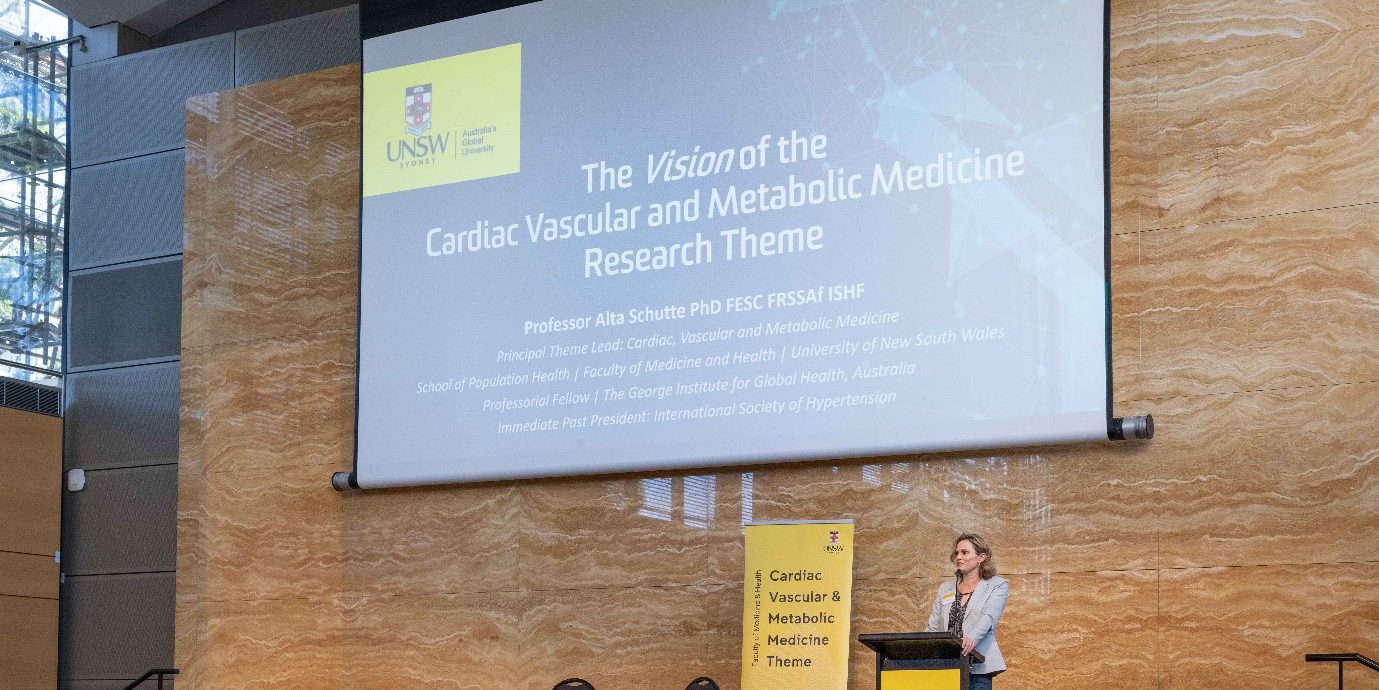
In her latest publications, she has joined leading experts in Australia in calling for urgent action to tackle high blood pressure in Australia to achieve better cardiovascular, and related health outcomes.
“Globally, raised blood pressure is the leading risk factor for major adverse outcomes such as coronary heart disease, stroke and dementia. Given these conditions are the top three killers of Australians, raised blood pressure should be front and centre of the national health agenda.”
Under her guidance, the CVMM Theme and Steering Committee brings together expertise across Schools, affiliated Medical Research Institutes, allied Hospitals and Local Health Districts. It positions the faculty and researchers across the Institute as innovative leaders in this domain, both nationally and internationally. The George Institute has made significant contributions to this program of work through its ground-breaking research in blood pressure lowering therapies and novel treatments for diabetes. Other researchers from the Institute who presented their work at the Symposium include Assoc Prof Clare Arnott, Assoc Prof Sunil Badve, Prof Clara Chow, Prof Bruce Neal, Dr Cheryl Carcel and Dr Brendon Neuen.
This year discussions covered basic to clinical science, with talks ranging from genetics and imaging in new cardiometabolic therapies, to a polypill blood pressure control trial to congenital heart disease.
An annual event that will feature prominently on the UNSW calendar, the Symposium will showcase new networking opportunities and research covering a cross-section of fields under the overall Theme in response to broad interest from across the research network.



